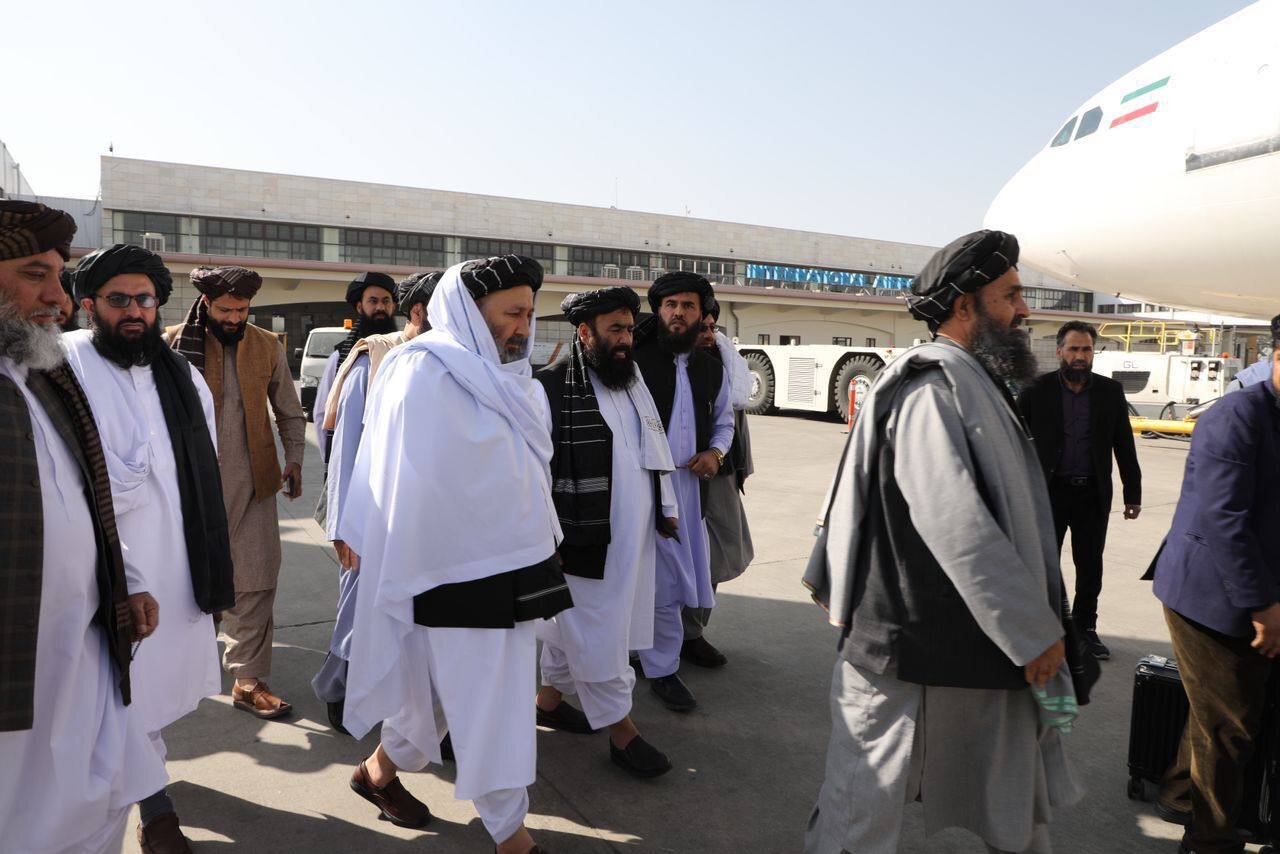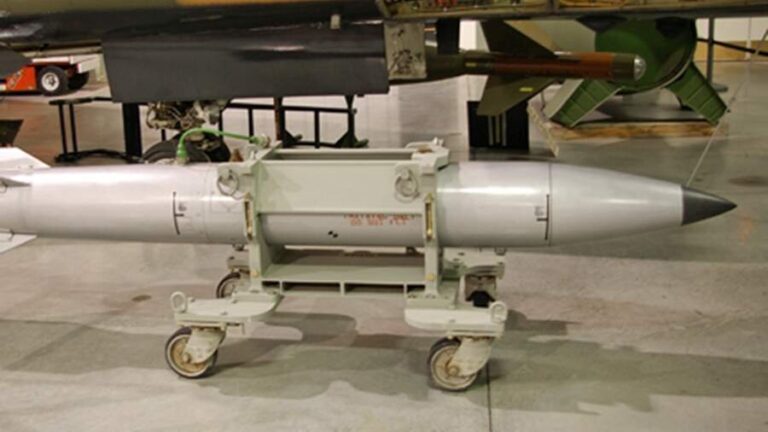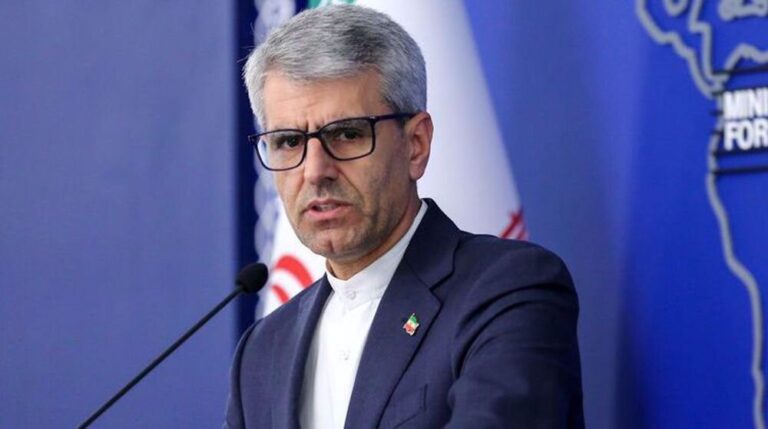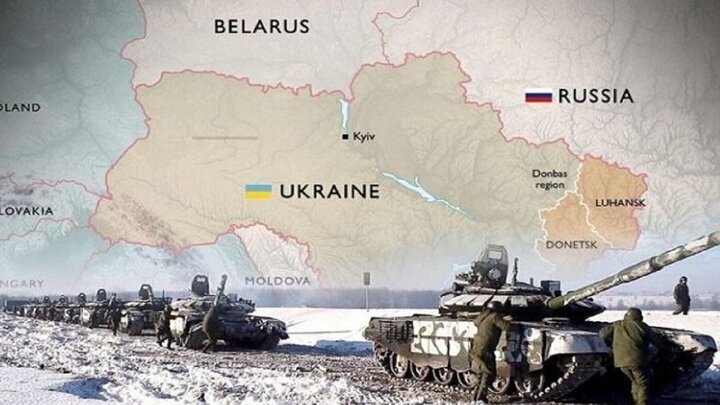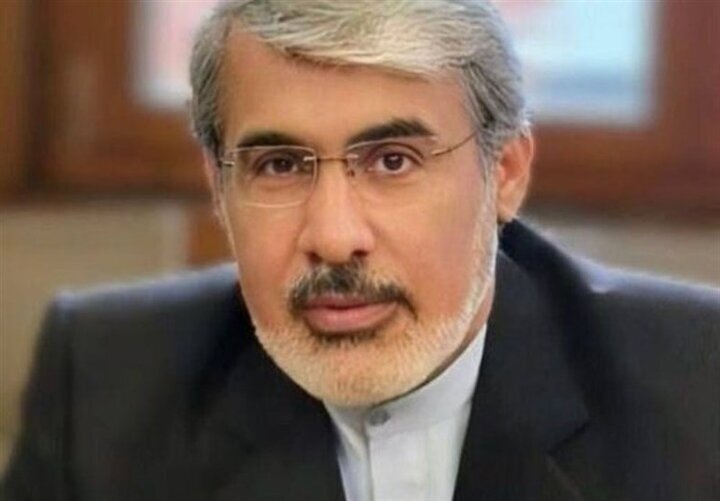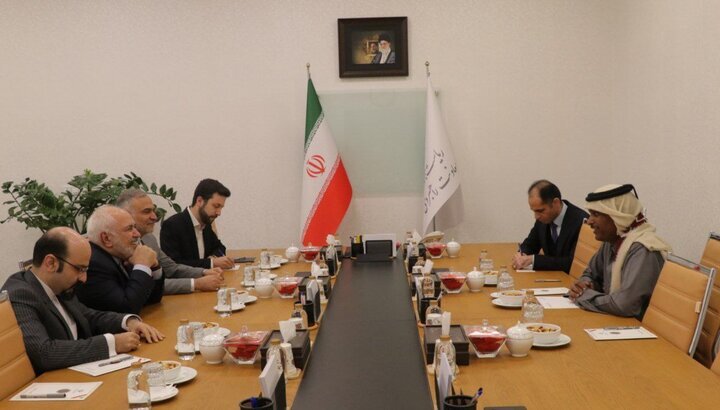Russian Supreme Court Lifts Taliban Ban: A Surprising Legal Turn
In a significant development in international relations, Russia’s Supreme Court has lifted its ban on the Taliban, a group it had labeled as a “terrorist organization” for over two decades. This pivotal decision is seen as a step towards normalizing relations with the Taliban, the de facto rulers of Afghanistan. Al Jazeera reports that this legal change signals a new phase in diplomatic ties between Moscow and Kabul.
On Thursday, the ruling was announced by Judge Oleg Nefedov, following a request from the prosecutor general. The decision is effective immediately, marking a notable shift in Russia’s stance towards the Taliban. This legal adjustment comes after years of gradual rapprochement between the two parties, despite their complicated history that dates back to the Afghan Civil War in the 1990s.
The evolving relationship has been largely influenced by shared security interests, particularly in the fight against ISIL’s regional affiliate, ISKP. Key developments include:
- Recognition of Mutual Interests: Russia’s increasing acknowledgment of the Taliban as a partner in counterterrorism efforts.
- Diplomatic Engagement: Moscow has hosted Taliban officials for various forums in recent years, indicating a willingness to engage in dialogue.
- Strategic Goals: Russia aims to utilize Afghanistan as a transit hub for gas exports to Southeast Asia, further intertwining economic interests.
Last year, President Vladimir Putin went as far as to describe the Taliban as an “ally” in the ongoing battle against terrorism. This sentiment reflects a broader shift in perception, as Russia seeks to enhance its influence in the region while addressing security challenges posed by extremist groups.
Russia’s Foreign Minister, Sergey Lavrov, has emphasized the nation’s commitment to developing political, trade, and economic ties with Kabul. His statements underline the strategic importance of maintaining a cooperative relationship with the Taliban, especially in light of regional security dynamics.
The decision to suspend the ban on the Taliban is not without its implications. It opens the door for potential economic collaborations and diplomatic engagements that could reshape the geopolitical landscape in Central Asia. Analysts suggest that this move could pave the way for further international recognition of the Taliban’s government, despite its controversial past.
In summary, Russia’s lifting of the ban on the Taliban marks a critical turning point in diplomatic relations. As Moscow seeks to balance its interests in the region, this decision reflects a pragmatic approach to foreign policy, focusing on security and economic opportunities. The world will be closely watching how this relationship develops in the coming months and years.
In light of these changes, it’s important to consider the broader implications for Afghanistan and its people. The Taliban’s governance has been met with skepticism and concern from various international communities, particularly regarding human rights issues and governance standards. The evolving relationship with Russia could influence the Taliban’s approach to these challenges.
As the situation unfolds, stakeholders in the region, including neighboring countries and global powers, will need to navigate this complex landscape carefully. The potential for increased cooperation between Russia and the Taliban could have far-reaching effects on regional security, trade, and diplomatic relationships.
Moving forward, the international community may need to reassess its strategies and policies regarding Afghanistan. The Taliban’s governing authority, now with a semblance of legitimacy in the eyes of Russia, could lead to new dialogues and negotiations aimed at addressing longstanding issues in the region.
In conclusion, Russia’s Supreme Court’s decision to suspend the ban on the Taliban is a significant moment in international relations, with implications for security, diplomacy, and economic interests. As both parties navigate this new chapter, the focus will remain on how their relationship develops and what it means for the future of Afghanistan.
